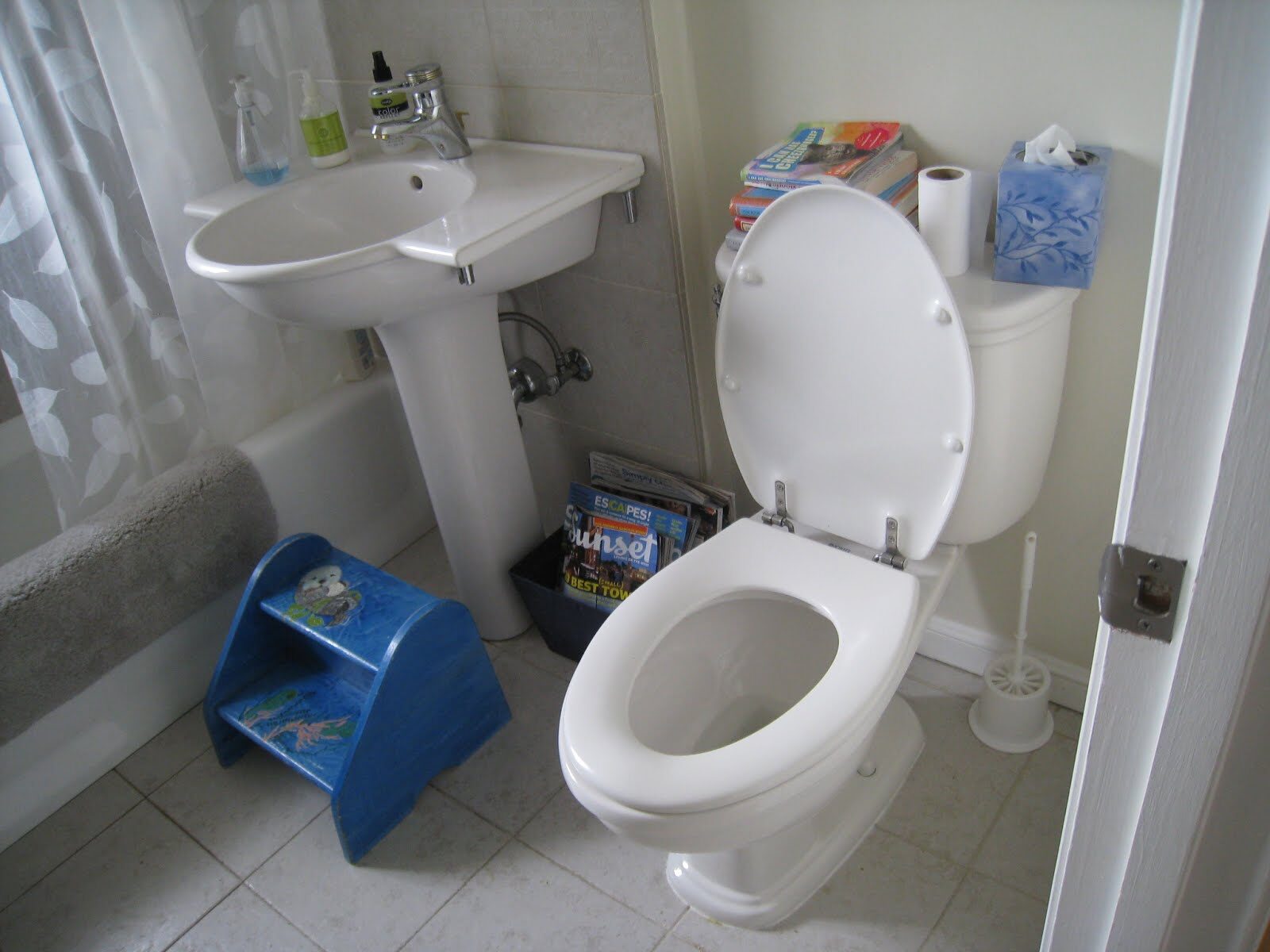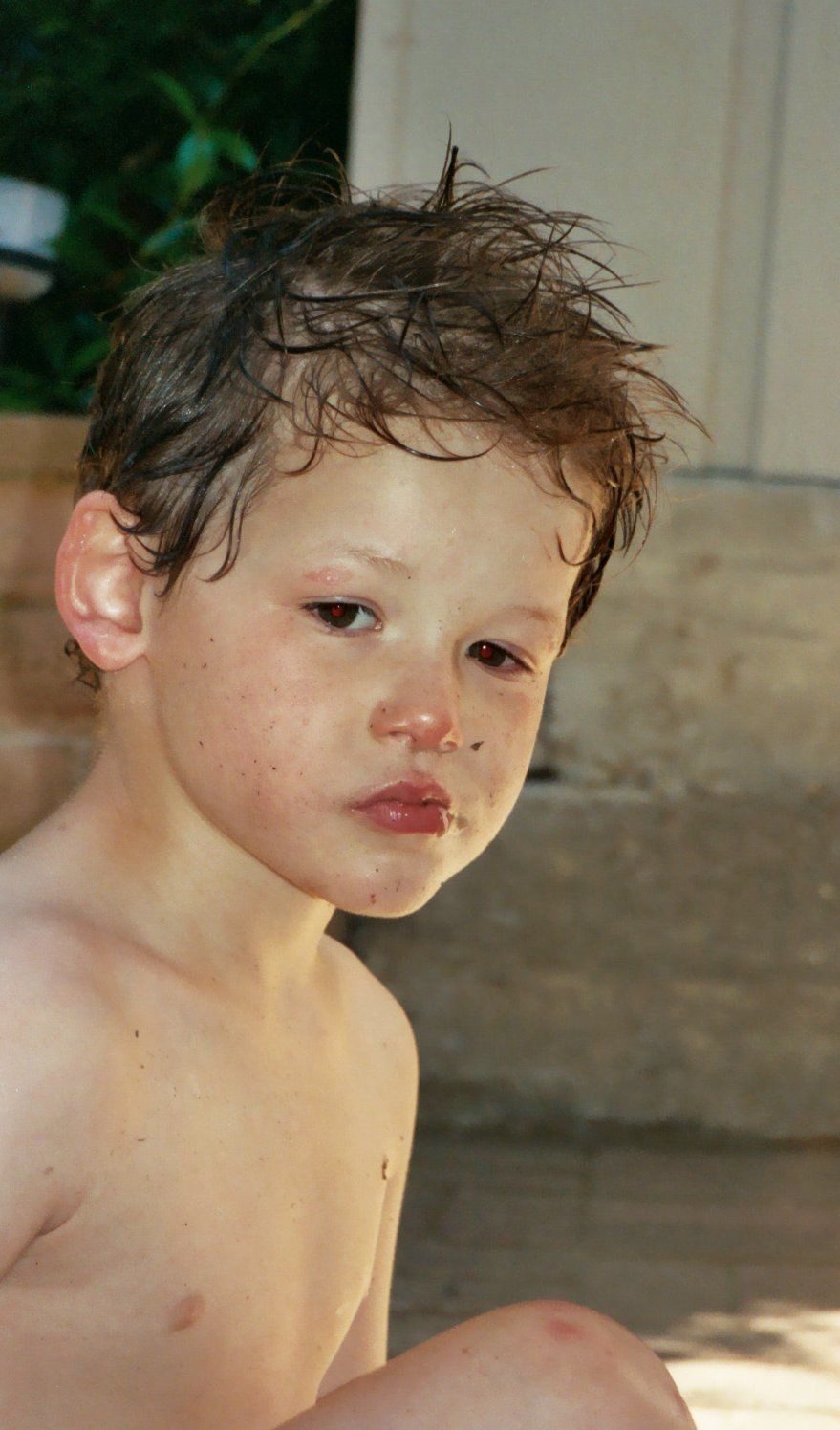Photo © NASA Goddard Space Flight Center | Flickr / Creative Commons [image: Photo of two neutron stars ripping each other apart.] Maxfield Sparrow unstrangemind.com Sometimes when I’m talking with someone about autism it feels like we’re talking about two different things. For example, I’ve had countless conversations that go something like this: “You’re nothing like my child. My child has the serious kind of autism,” they might open with. “Autism is serious stuff,” I respond. “It’s important to take it seriously.” “No, I mean my child has the autism with digestive stuff and physical involvement. The severe autism.” “I have intermittent gastroparesis that has sent me to the hospital multiple times. I have a connective tissue disorder that has caused pelvic organ prolapse. These things aren’t autism.” And it’s the truth: the co-occurring conditions we cope with are not autism; they are the “genetic hitchhikers” that love to travel…
Tag: cerebral palsy
We chose the punctuation above for a reason — cautious optimism and the hope that, with the right guidance and attitude, we can make it through the winter holidays, possibly even with some happy memories. So if you, your families, and your friends are hunkering down for the holidays; and if you, like some of us are also a bit … stressed about changes in routine, location, or faces — consider what the wise folks below have to say about navigating this most tumultuous time of the year. And if you have any advice, please leave it in the comments below! Happy Holidays, friends. -The Editors —- Self-advocate Annabelle Listic: …it is especially important, during the holidays, for any autistic person to have: A way to communicate basic needs, emotions, opinions (a travel dry erase board, sticky notes with simple language on each, a typing program on a phone, tablet,…
Shannon Des Roches Rosa www.squidalicious.com Most parents fret about their kids’ hygiene and how it is affected by factors like circumcision, tooth brushing, or toilet training. Said fretting escalates when the kids in question have a disability, but hygiene doesn’t have to be the skunk cabbage in the parenting bouquet — not if parents do their best to understand why hygiene can be complicated, take cues from self-advocates with insights parents and professionals cannot provide, encourage self-care, recognize that not all hygiene needs will be rooted in disability, and help make self-care part of a routine. Circumcision is a standby topic in parenting circles. Arguments both for and against the snip invoke culture, religion, sensation retention, or wanting Daddy to have a penis twin. But few mention the possibility of conditions like cerebral palsy or the fine motor challenges that often accompany autism, and how those affect uncircumcised penis care.…
Jennifer Byde Myers www.jennyalice.com My son was almost three when we realized how much he needed a label. Without an official diagnosis, it would be nearly impossible for him to get services he needed from the county or state. A label is required so bureaucrats can check the correct boxes, which allows everyone to take money out of the right vat with the right dipper. It’s a huge pain, by the way, more difficult than finding childcare or signing your kid up for summer camp. Getting someone, anyone, to write down, definitively, what is “wrong” with your child is a serious lesson in patience, persistence and the power of language. No one wants to be the first person to label your child. We begged to get “cerebral palsy, ataxia” to describe Jake’s odd way of hipping, and hopping, and stumbling around. No one worried about anything behavioral at that point,…
Jennifer Byde Myers www.jennyalice.com Jack is asleep in my bed right now. He wandered in while I was folding clothes; I pulled back the covers and asked if he wanted to snuggle. He’s non-verbal, but he made a happy sound I know to be yes, and from across the room he leapt in, buried his head under the pillows, and fell back asleep as I returned to my unmatched socks. It’s hard to believe that he’s the same boy who as a three-year-old didn’t sleep for 52 days. Fifty-Two days where he didn’t rest longer than twenty-thirty minutes in a row and no more than one to two hours in a 24-hour period. Back then he would scream and thrash the entire time between passing out. It’s an example — the worst one — of what we call “episodes,” what appeared to be pain from unknown source, and it happened…
Jennifer Byde Myers www.jennyalice.com Lotions, potions. A special chair for eating, a special chair for learning at home. Shoe inserts, leg braces, seat cushions with no grip, a lot of grip, seat cushions with little bumps, seat cushions with little bumps and gel inside, and a backrest. Fancy forks with bendable handles, child-sized forks, spoons with holes in the bowl, bowls with grips on the bottom, bowls with the side cut out, and special chopsticks, and sippy cup after sippy cup with any number of parts and combinations to mess up. Small piano keyboards, and larger piano keyboards, and a keyboard you can walk on, just like in the movie Big. A touch screen monitor, an adapted computer, an adapted tricycle, an expensive German tricycle. Jackets that zip with a nice big tab, pants with an elastic waist that are easy to take off, overalls which are difficult to take…
Brenda Rothman mamabegood.blogspot.com It was a coolish summer day, no humidity, a perfect day on the porch. We have an old-fashioned front porch, meant for eating, for socializing, for calling out over the railings to neighbors and friends. A large, narrow-planked porch with columns, rockers, sofas, ceiling fans, and lemonade. We dragged the sand box, literally a box filled with sand, to the middle of the porch. I lugged buckets of water from the kitchen and kaplooshed the water into the water table. I fetched a spoon and a tin of baking powder and Jack was set. Jack: Then a little salt and a little more sand and stir, stir, stir. I could watch him do this all day. When he was three and the other three-year-olds at preschool were doing this, Jack wasn’t. He wasn’t talking, he wasn’t interacting, he wasn’t playing. And he was worried. More worried than…
Jennifer Byde Myers www.jennyalice.com Can you remember developing photos, when you had no idea what you were going to get? We would turn in those little canisters and hope for something wonderful to come back in the envelope. We used to spend a lot of money trying to get a good picture of our son. Capturing Jack on film required expert photography skills combined with the fastest shutter speed and endless rolls of film. It took money and patience and perseverance, and faith, and will, and cooperation and an ability to be spry that most people lose about the age of nine — and we failed, continuously. We don’t really have those “Kodak moments” in our family, and it’s not for lack of trying. We have been prolific in our clicking so as to produce at least some decent shots over the years, if only by the grace of statistics…



